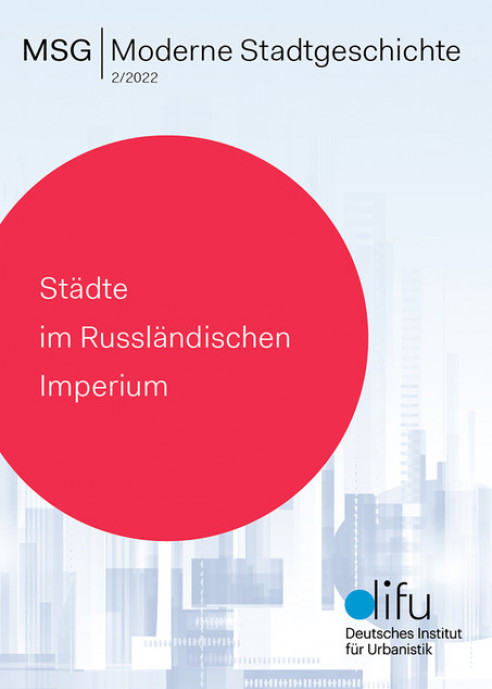Russländische Städte des 18. Jahrhunderts und das Imperium. Abschließende Überlegungen
DOI:
https://doi.org/10.60684/msg.v53i2.65Schlagworte:
Stadtgeschichte, Russländisches ImperiumAbstract
This concluding contribution evaluates the importance of “Empire” as a specific form of political-administrative government for Russia’s cities in the eighteenth and nineteenth centuries, as examined in the special issue. Three dimensions were relevant: the fluidity of frontier borders, the administrative incorporation and manorial penetration of annexed territories, and the heterogenous population of the Russian Empire. All these features shaped and sometimes determined the cities’ development, prospects, and failures. Russian nationalism, which evolved as a powerful force in the nineteenth century, finally threatened the imperial framework for the administration and functioning of cities. This new force fundamentally challenged the balance of geopolitical power in the realm and the coexistence of a multiethnic urban population.
Downloads
Veröffentlicht
Ausgabe
Rubrik
Lizenz
Copyright (c) 2022 Ricarda Vulpius

Dieses Werk steht unter der Lizenz Creative Commons Namensnennung 4.0 International.






